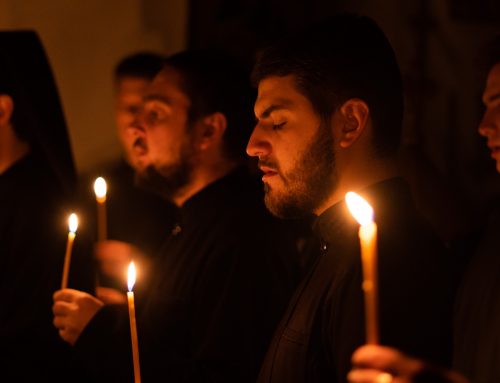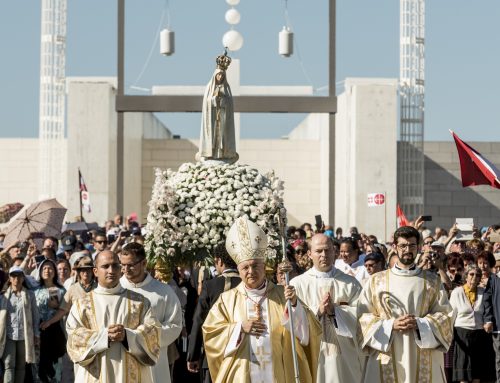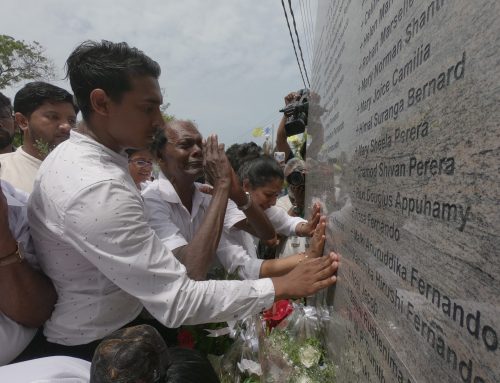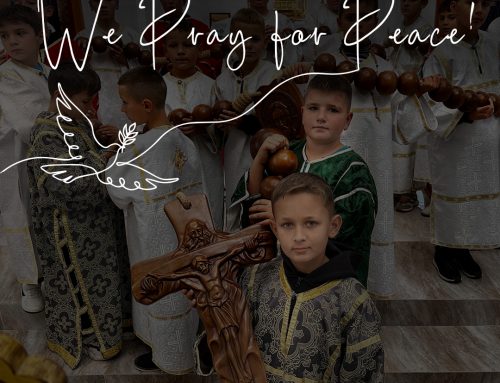SOUTH SUDAN – On the brink of civil war
Church leaders appeal for end to violence as thousands take refuge in churches
Heavy fighting has erupted again in Southern Sudan on the five year anniversary of the formation of the world’s youngest nation, raising fears of a return to the civil war that erupted in late 2013. A disagreement at a checkpoint between rival soldiers led to a shootout that quickly escalated into serious fighting the next day and over the following weekend.
Tensions have been high since April, when Mr Machar returned to Juba under a peace deal following a two-year civil war. He brought a 1,300-strong protection force with him that was supposed to start joint patrols with forces loyal to President Kiir. This did not happen because of a lack of trust between the two sides.
The fighting broadly ran along ethnic lines between the forces of the Sudan People’s Liberation Army, loyal to President Salva Kiir an ethnic Dinka, and the SPLA in Opposition, loyal to First Vice President, Riek Machar who is a Nuer. There is not yet an official toll, but over 300 people, including many Christian civilians, are believed to have been killed and several thousand more have fled their homes.
Churches are one of the few sources of refuge for the people trapped in the civil war but they too were targeted, leaving many priests and sisters displaced. In the past few weeks, as fighting intensified in the capital Juba many priests and refugees have fled especially from Yei, Rumbek, Wau Dioceses. Over 2,300 refugees have fled from Tombura –Yambio and Malakal Dioceses. Many sought refuge in the Salesian mission at Gumbo, 8 km from the centre of Juba. Currently the mission is home to a huge number of people – between 5,000 and 8,000 daily, a number that increases at night because many return there to sleep.
Although a ceasefire has now been declared following days of devastating fighting, a humanitarian emergency has gripped the nation. Church sources in the area said: “The humanitarian issue is the most urgent, starting from the lack of drinking water. Thousands of people have taken refuge in churches and much is being done to offer them assistance, despite a thousand difficulties. The International Red Cross has managed to send their teams in the two main hospitals.”
The volatile situation prompted the South Sudan Council of Churches in the country to issue a statement on 10 July condemning the violence:
“We condemn all acts of violence without exception. The time for carrying and using weapons has ended; now is the time to build a peaceful nation.
“We make no judgement as to how or why they occurred, nor who is to blame, but we note with concern that there have been a number of incidents recently, and that tension is increasing.
“We pray for those who have been killed, and for their families, and we ask God’s forgiveness for those who have done the killing. However we also urge repentance and a firm commitment from all armed individuals, forces and communities, and from their leaders, to create an atmosphere where violence is not an option.”
The Church leaders in their statement also expressed their concern that the fighting is not limited to the capital city, and has been taking place in other places in South Sudan, including Yei, where the missionary Sister Veronika was killed in May.
“We are encouraged by the statements from both President Salva Kiir and First Vice President Riek Machar calling for calm. We add our voices to theirs, and urge soldiers and civilians to refrain from provocative words and actions, and to do everything in their power to avoid escalating the situation,” the Church leaders said. “We assure you of our prayers during these difficult times, and once again call for calm and hope.”
Besides the South Sudan Council of Churches, the United Nations Security Council, Secretary-General Ban Ki-moon, the UN Mission in South Sudan, Intergovernmental Authority on Development also voiced their condemnation of the violence and their hope to return to peace.
African leaders have backed plans to deploy regional troops to South Sudan after the recent fighting. Soldiers for the African Union (AU) force will come from Ethiopia, Kenya, Rwanda, Sudan and Uganda.
A 12,000-strong UN peacekeeping force is already in the country, but the AU force would have a stronger mandate. The mission would be similar to the deployment of a 3,000-strong special force that took on the M23 rebels in the Democratic Republic of Congo in 2013.
South Sudan’s government says it is opposed the deployment of the force. However, UN chief Ban Ki-moon expressed his support for the AU deployment.
China is sending its special envoy for Africa, veteran diplomat Zhong Jianhua,to help with efforts to resolve the political crisis in South Sudan, China’s foreign ministry said.
Zhong will meet “relevant parties” and discuss how to continue to support African mediation efforts and urge the factions in South Sudan to implement the peace agreement. China and other mediators had been in close contact to find ways for the waring parties to end the fighting and restart talks. China has energy interests in South Sudan, including the China National Petroleum Company (CNPC).
ACN Malta




